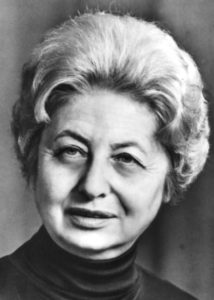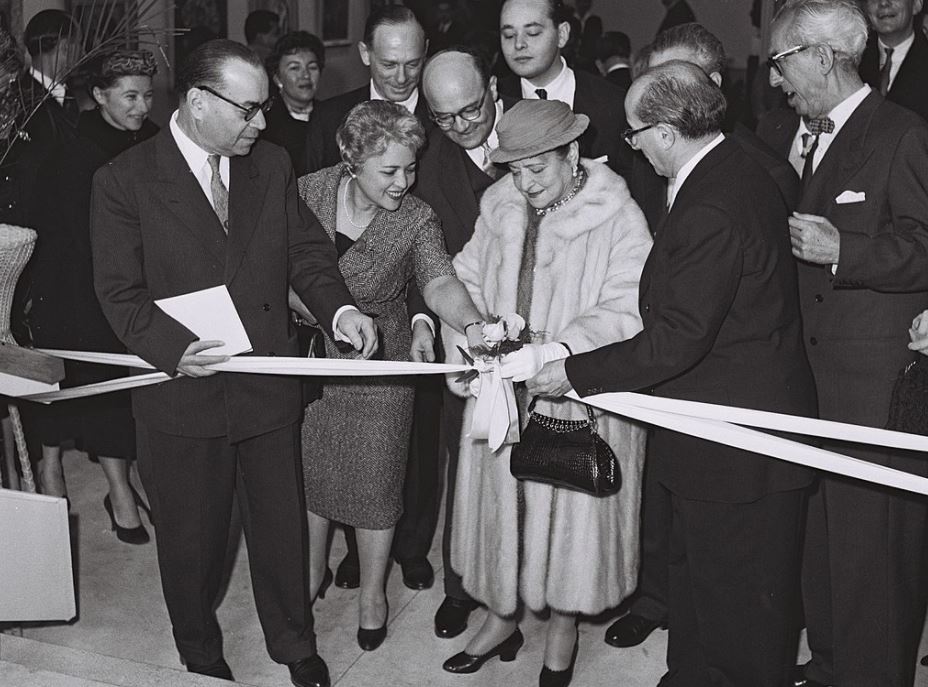First Jews in Canada and Australia
Esther Abrahams (c. 1767-1846) was born in London, England to a poor Jewish family. As a struggling pregnant teenager, she was arrested for petty theft and sentenced to seven years in the new penal colony of Australia. Two months later, Esther and her baby were aboard the First Fleet: 11 ships of settlers, colonists, and prisoners headed for Australia. She arrived in Sydney in January of 1788, becoming the first Jewish person on the continent. During the voyage, she had met a British officer named George Johnston, and the two fell in love. They married and had seven children. In 1808, her husband led the Rum Rebellion in overthrowing the local British governor. Johnston became the new lieutenant-governor of the colony. While he was away for four years to defend himself against charges of mutiny, Esther ran his vast estate and business operations. Among her descendants are a number of notable Australian military and political leaders.
On the other side of the world, another Esther was the first Jew to set foot in Canada. Esther Brandeau (b. 1718) was born near Bayonne, France. To escape intense antisemitic persecution in France at the time, she dressed up as a Catholic man and got hired as a sailor for a voyage to the French colony of Quebec. Eventually, her true identity was discovered and she was arrested. Jews were forbidden from settling in Catholic Quebec at the time, and her desperate pleas for refuge were rejected. She was given an option to convert or be expelled. Brandeau chose the latter, and was shipped back to France. What happened to her afterwards is unknown. Her story has inspired at least three different novels and a play.
Words of the Week
Israel became the people conceived in slavery so that it would never cease to long for liberty…
– Rabbi Jonathan Sacks



 Chaya Helena Rubinstein (1872-1965) was born in the Jewish ghetto of Krakow, Poland, the oldest of eight daughters in a very religious family. Her cousin was
Chaya Helena Rubinstein (1872-1965) was born in the Jewish ghetto of Krakow, Poland, the oldest of eight daughters in a very religious family. Her cousin was 